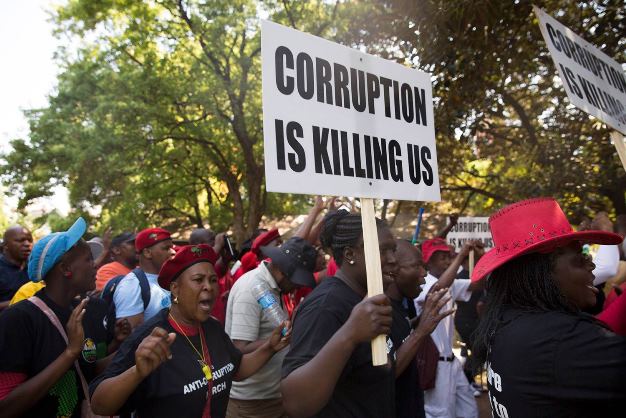July 23 will remain a remarkable day in Uganda’s history, marking a time when the youth voiced a strong and timely message to the country’s political leaders. This heroic move echoes the sentiments expressed in Chinua Achebe’s novel “No Longer at Ease.”
The impatient idealist’s plea, “Give me a place to stand and I shall move the earth,” highlights the challenges faced by those who seek to bring about change. The youth of Uganda have taken a stand, determined to move the earth at their own pace.
The youth countrywide mobilized to march to Parliament, driven by the quest for economic liberty that corruption has often denied the nation.
However, the underlying and crucial issues within this youth-led agenda cannot be ignored, particularly given the country’s recent population census, which places the youth at more than 70 percent of the population.
When viewed from a broader perspective, the march to Parliament demonstrations articulate the concerns that affect a wider spectrum of the general populace. These public pressures, epitomized by a single demographic, highlight the urgent need for economic and policy reform.
The Importance of accountability and inclusivity
Such democratic gestures, such as peaceful demonstrations, serve as timely reminders to political actors of their fundamental duty of public accountability.
The lack of accountability and the default for its demand by the public create opportunities for governments and institutions to disregard their constitutional duties and mandate.
Unfortunately, attempts to fulfill the duty of accountability and pursue an inclusive governance model have been met with unconstitutional challenges.
The disregard for fundamental human rights, such as the unlawful arrest of peaceful demonstrators, raises questions about the role of institutions like the police, the Uganda Human Rights Commission, and the judiciary in upholding the sacrosanct duty of holding the government accountable, especially through peaceful and democratic means.
It is arguable that the current precedent suggests that these institutions have undermined the desirability of people-centeredness through their operations, by acutely divorcing themselves from the political and social realities of Ugandans. The path forward requires a renewed commitment to accountability, inclusivity, and the protection of fundamental rights to ensure a truly people-centered governance model.

